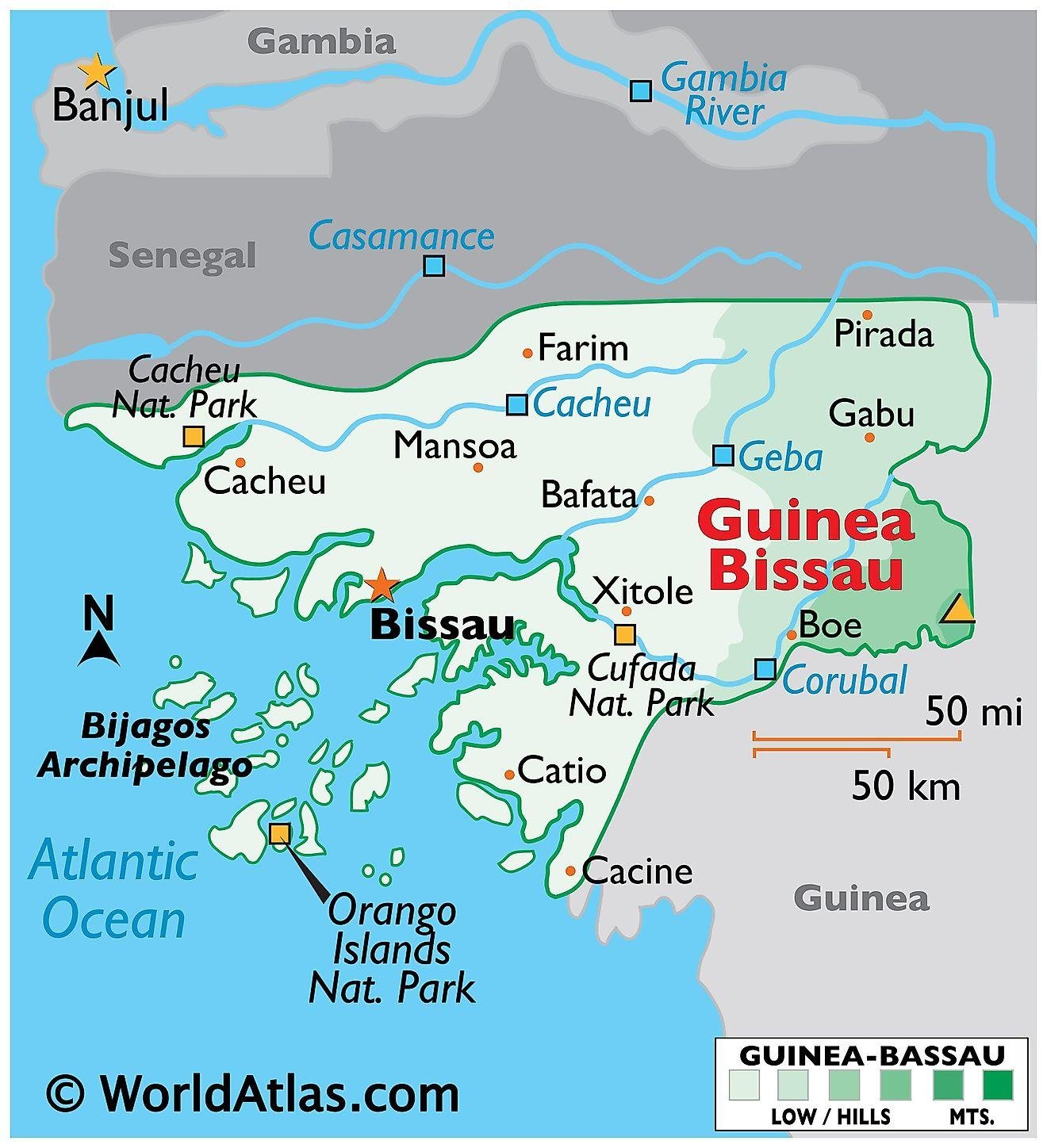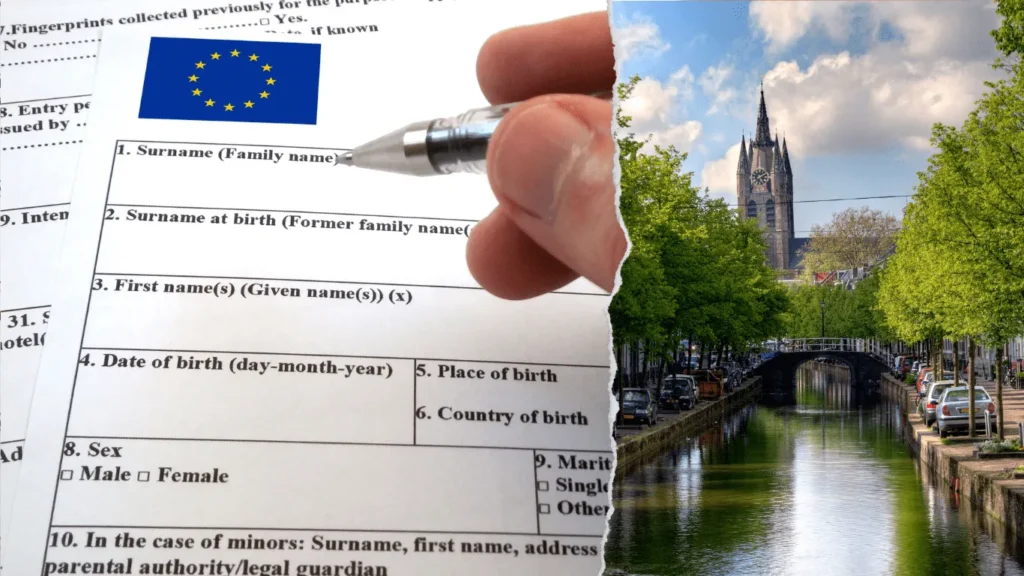Now Reading: Guinea-Bissau
-
01
Guinea-Bissau
Guinea-Bissau

Nestled on the west coast of Africa, Guinea-Bissau is a small yet captivating country with a rich history and diverse culture. From its lush landscapes to its vibrant music and dance traditions, Guinea-Bissau offers a unique experience for travelers seeking an authentic African adventure. Join us as we explore the wonders of this often overlooked gem of a nation.
History of Guinea-Bissau: Colonial Legacy and Independence Struggle
Guinea-Bissau’s history is deeply intertwined with its colonial legacy and struggle for independence. The country was a Portuguese colony for centuries, with colonization beginning in the 15th century. The Portuguese established trading posts along the coast, exploiting the region’s resources and people for their own gain. This oppressive colonial rule led to a long and bloody independence struggle that culminated in Guinea-Bissau gaining its independence in 1973.
The independence movement in Guinea-Bissau was led by the charismatic and revolutionary leader Amílcar Cabral. Cabral founded the African Party for the Independence of Guinea and Cape Verde (PAIGC) in 1956, and under his leadership, the party waged a successful guerrilla war against the Portuguese colonial forces. The country finally gained its independence on September 24, 1973, making Guinea-Bissau one of the first African nations to break free from colonial rule. However, the legacy of colonization continues to impact the country to this day, as Guinea-Bissau grapples with issues of poverty, corruption, and political instability.

Political Situation in Guinea-Bissau: Challenges and Opportunities
Guinea-Bissau is currently facing a multitude of challenges in its political landscape, which presents both obstacles and opportunities for the country’s future. One of the main challenges is the ongoing power struggle between political parties, leading to instability and hindered progress. The lack of a stable government has also resulted in economic difficulties and social unrest.
However, amidst these challenges, there are also opportunities for positive change in Guinea-Bissau. The recent peace agreements between rival factions have laid the groundwork for potential reconciliation and unity. Additionally, the upcoming elections provide a chance for the country to elect new leaders who can steer Guinea-Bissau towards a more prosperous and stable future. By addressing these challenges head-on and seizing these opportunities, Guinea-Bissau has the potential to overcome its political turmoil and emerge stronger than ever.
Economic Development in Guinea-Bissau: Key Sectors and Initiatives
Guinea-Bissau is a country with immense potential for economic development, with key sectors and initiatives paving the way for growth and prosperity. One of the primary sectors driving the economy in Guinea-Bissau is agriculture. The country’s fertile land and favorable climate make it ideal for cultivating cashew nuts, rice, and palm kernels. The agricultural sector not only contributes significantly to the country’s GDP but also provides employment opportunities for a large portion of the population.
Another vital sector in Guinea-Bissau is the fishing industry. With its extensive coastline, Guinea-Bissau has abundant marine resources that support a thriving fishing industry. The country’s waters are rich in fish and seafood, which are not only consumed locally but also exported to international markets. The fishing industry plays a crucial role in providing food security and generating income for coastal communities in Guinea-Bissau.
Culture and Society in Guinea-Bissau: Traditions and Contemporary Issues
Guinea-Bissau is a country rich in cultural heritage, blending traditional customs with modern influences. The diverse population of Guinea-Bissau contributes to its vibrant cultural landscape, with various ethnic groups practicing unique traditions and rituals. From the Fulani and Balanta tribes to the Mandinka and Manjaco people, each group brings its own customs and beliefs to the cultural tapestry of the nation.
Traditional music and dance play a significant role in Guinea-Bissau’s cultural identity, with rhythms and melodies reflecting the country’s history and traditions. Festivals and ceremonies are important occasions for showcasing these artistic expressions, bringing communities together to celebrate their heritage. At the same time, contemporary issues such as urbanization and globalization are shaping the cultural landscape of Guinea-Bissau, influencing everything from fashion and cuisine to social norms and values.
Closing Remarks
In conclusion, Guinea-Bissau is a small country located on the west coast of Africa with a fascinating cultural heritage and a rich history shaped by colonization and independence struggles. Despite facing challenges such as political instability and poverty, the country continues to strive for progress and development. With its diverse landscapes, vibrant markets, and welcoming people, Guinea-Bissau offers a unique travel experience for those seeking to explore off-the-beaten-path destinations. Whether you’re interested in history, nature, or simply immersing yourself in a new culture, Guinea-Bissau has something to offer for every type of traveler. So consider adding this hidden gem to your travel bucket list and discover the beauty and charm of this often-overlooked African nation. Thank you for reading.


























